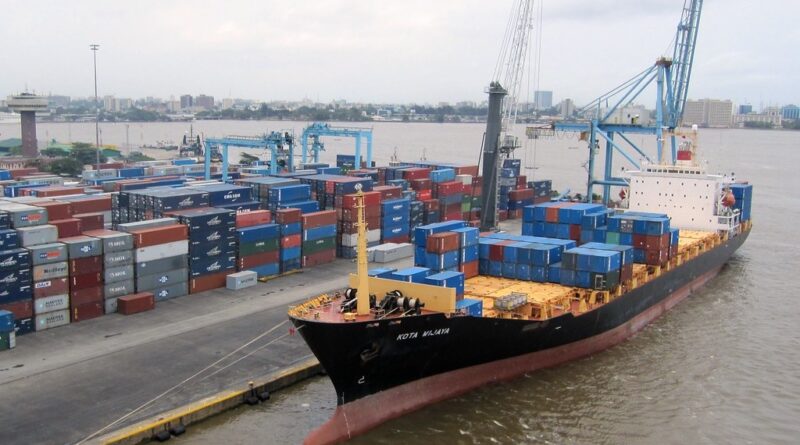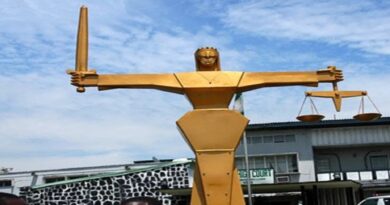Where Is the $700 Million? Lagos Ports Yet to Be Upgraded
On January 14, 2025, it was reported that the Federal Government of Nigeria has not yet initiated rehabilitation work at the Apapa and Tincan Island Ports in Lagos, despite securing a substantial loan of $700 million for this purpose. The Nigerian Ports Authority (NPA) obtained the loan from Citibank, with funding provided by UK Export Finance, an export credit agency.
As previously mentioned in April, the NPA announced the successful acquisition of the loan aimed at revamping these crucial seaports. During a press conference in Lagos, the then Managing Director of NPA, Mohammed Bello-Koko, indicated that the mandate letter regarding the loan would be forwarded to the Debt Management Office for final assessment and approval.
Bello-Koko emphasised the importance of addressing infrastructure issues at the ports, stating that efficient port operations rely not only on automation, which is already underway, but also on the physical structures that support these operations. He noted that automation would enhance efficiency, boost revenue, and minimise financial leakages.
In July, Dr. Abubakar Dantsoho, the newly appointed Managing Director of NPA, reiterated that the rapid rehabilitation of deteriorating port infrastructure is a critical priority. He highlighted that adequate infrastructure and strong collaboration with stakeholders are essential for enhancing revenue generation through improved efficiency and productivity.
However, despite these optimistic statements, there has been little progress, leaving the rehabilitation project seemingly stalled. A maritime advocacy group, the Research at Sea Empowerment Research Centre, expressed deep concern over the lack of action regarding the approved rehabilitation budget. Mr. Eugene Nweke, the group’s Head of Research, criticised the ongoing delays, stating that the absence of implementation exacerbates existing problems at the ports.
See Also: Police Recover Missing Fire Trucks Illegally Leased Out
Nweke urged the government to take immediate steps to commence the rehabilitation process, emphasizing that such action is vital for alleviating issues like port congestion, low berth productivity, and extended ship turnaround times. He recommended that the government establish a transparent project management framework to ensure the rehabilitation efforts are conducted efficiently and effectively, which should include regular updates and communication channels with stakeholders.
He also pointed out the necessity of prioritising critical infrastructure repairs, such as quay walls, cranes, and cargo handling equipment. Nweke, who previously served as the president of the National Association of Government Approved Freight Forwarders, highlighted that the government must tackle the root causes of the ports’ current state, including insufficient maintenance, inadequate investment, ineffective management, and corruption.
Adewale Adeyanju, President-General of the Maritime Workers Union of Nigeria, echoed these sentiments, expressing concern for the safety of workers in such deteriorating conditions. He questioned the lack of contractor activity despite the loan acquisition, emphasizing that by this time, contractors should have begun their work.
When approached for comment, Mr. Ikechukwu Onyemekara, the NPA’s General Manager for Corporate and Strategic Communications, clarified that the necessary documentation has been submitted and assured that rehabilitation efforts would commence in the second quarter of 2025. He explained that while the loan has been secured, additional documents required by UK Export Finance have been provided, and mobilisation to start the project is anticipated soon.
In summary, despite the promising financial support for port rehabilitation, the lack of tangible progress raises concerns about the effectiveness of the initiatives aimed at improving Nigeria’s crucial maritime infrastructure.
Content Credit| Kemi Arowolo
Picture Credit | https://www.stears.co/




